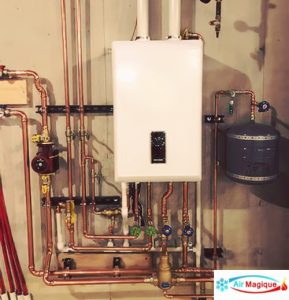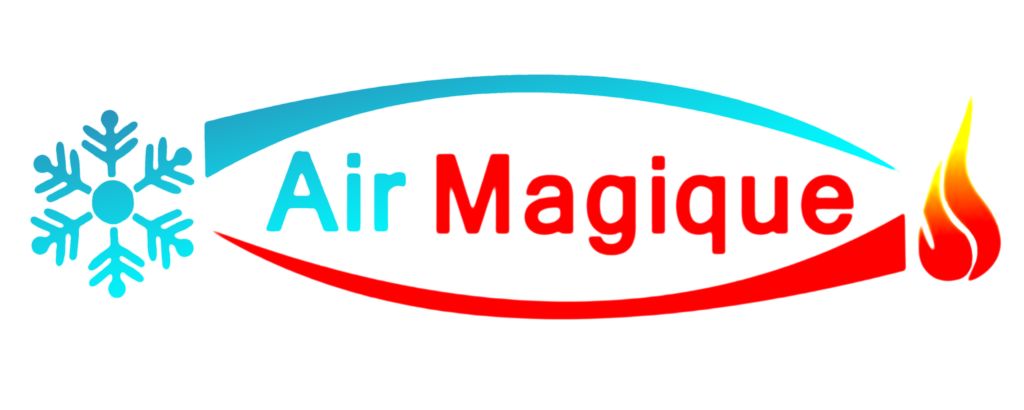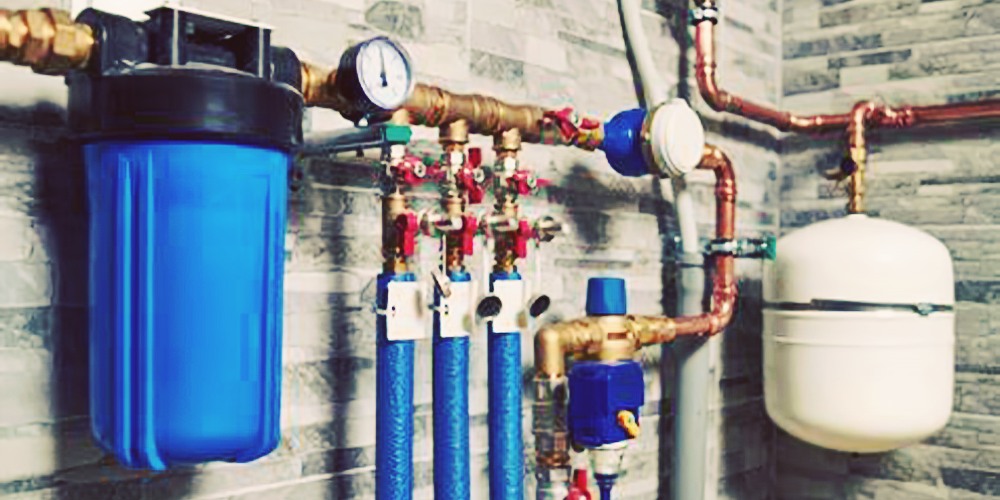Regular maintenance is crucial to keeping your boiler running efficiently and avoiding unexpected breakdowns. By implementing preventative boiler maintenance practices, you can ensure optimal performance, extend the lifespan of your system, and save on costly boiler repairs. In this blog post, we will explore the key steps you can take to maintain your boiler and prevent potential issues.
1. Schedule Annual Professional Inspections
Annual professional inspections are vital for detecting any underlying issues with your boiler. A qualified HVAC technician will thoroughly examine your system, checking for leaks, corrosion, and potential problems with valves, pumps, and controls. Regular inspections can help identify and address small issues before they escalate into major breakdowns, ensuring the longevity and efficiency of your boiler.
2. Regularly Clean and Flush the System
Over time, sediment and mineral deposits can accumulate inside your boiler, hindering its performance. Regular cleaning and flushing of the system are vital to remove these deposits. This process involves draining and flushing out the water from the boiler and removing any debris or sediment. It helps maintain optimal heat transfer and prevents blockages, ensuring efficient operation and preventing potential damage.
3. Monitor and Maintain Proper Water Pressure
Proper water pressure is crucial for the safe and efficient operation of your boiler. Low water pressure can lead to inadequate heat distribution, while high pressure can put excessive strain on the system. Regularly monitor the boiler’s water pressure gauge and ensure it stays within the recommended range. If you notice any abnormalities, consult a professional at Air Magique to diagnose and address the underlying cause.

4. Test and Inspect Safety Controls
Boilers are equipped with various safety controls, such as pressure relief valves and temperature sensors, to prevent hazardous situations. It is important to regularly test and inspect these safety controls to ensure they are functioning correctly. Verify that pressure relief valves are releasing pressure as intended and that temperature sensors are accurate. Faulty safety controls can lead to system malfunctions, overheating, or even dangerous situations, so proper maintenance of these components is crucial.
5. Keep Vents and Air Intakes Clear
Blocked vents and air intakes can disrupt the combustion process and affect the efficiency of your boiler. Regularly inspect these components and ensure they are free from debris, dust, or obstructions. Clear away any accumulated debris and ensure proper airflow to prevent system inefficiencies and potential damage.
Conclusion
Preventative maintenance plays a vital role in keeping your boiler operating efficiently and avoiding costly breakdowns. By scheduling annual inspections, regularly cleaning and flushing the system, monitoring water pressure, testing safety controls, and maintaining clear vents, you can maximize the performance and longevity of your boiler system and prevent future heating repairs.


